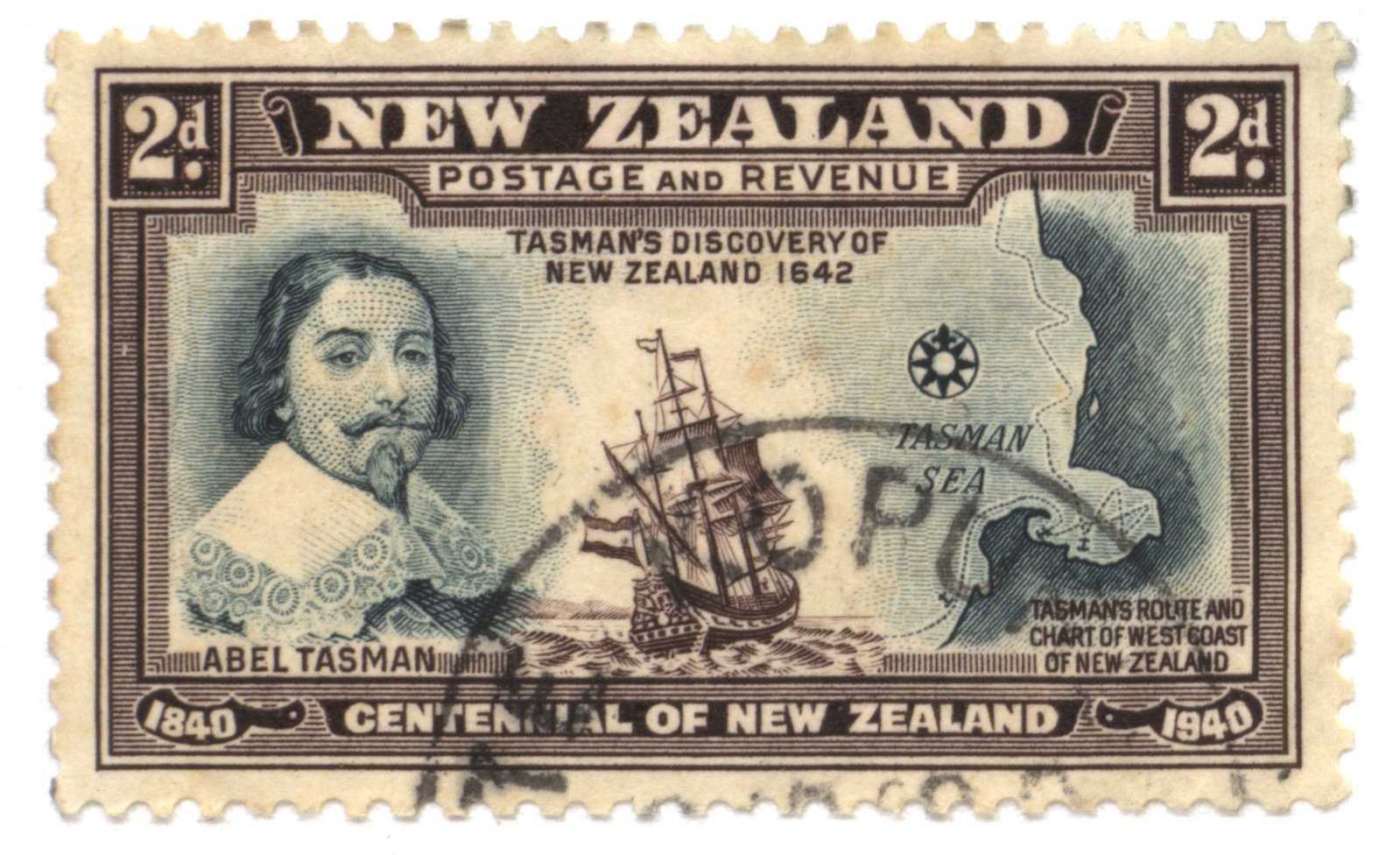

OUR focus on the EPO and USPTO often distracts us from smaller patent offices, such as IPONZ, which still denies software patents in New Zealand (NZ), loopholes notwithstanding, just like in India and in Europe before Battistelli (who opened the floodgates).
A private members bill introduced by National Party spokesperson for Science and Innovation Parmjeet Parmar, which proposes a second-tier patent system, has raised fears that the issue of ‘software patents’ is back on the agenda.
The Patents (Advancement Patents) Amendment Bill seeks to introduce a second tier system to make patents easier and less costly to obtain and “require a lesser advancement in order to be granted than the inventive step required for other kinds of patents”. It would also provide a shorter term of protection – the proposal being 10 years instead of 20 years.
When asked by Computerworld if her proposed bill was seeking to include software patents, Parmar replied: “The advancement patent is proposed to apply to the same subject matter permissible for a standard patent. Section 11 of the Patents Act which applies to Computer Programs is amended to insert “or advancement’ in there which actually clarifies that the Section is applicable to advancement patents too.”
[...]
ITP objects to software patents because it claims that the time frame is too long (even if this was reduced from 20 to 10 years) in the tech industry when innovation moves so fast. Matthews points out that 20 years ago Netflix was a small-time DVD mail order company and Google hadn’t been invented (until September this year).
In 2014, the United States Supreme Court in a landmark decision in the field of Patent Law (Alice Corp. v. CLS Int’l)1 invalidated software patents related to mitigating settlement risk. Relying on the now-infamous Section 1012, the Court held that use of an intermediary to mitigate settlement risk in a financial exchange is a fundamental economic practice directed to a patent-ineligible abstract idea.
Software Patenting In India And USA
[..]
In this paper, we would be discussing the various case laws which have determined the conditions for patentability of software in Indian subcontinent and USA.
So, what is software patent? It is a patent on any performance of a computer realized by means of a computer program. India was the first country in the world to provide statutory protection to the software through the Copyright Act, but from then, the journey has been quite slow as in this era of internet, there is a need for more protection to the software, and we are still an old-school regarding the same. The effect of 'Make in India Campaign, hackathons, software innovations and the youth participation is severely mitigated as India is not able to provide protection, software deserves. About 60% of all make in India is happening through the software. IBM registered 8088 patents in a year, and 30% of which were filed in the name of Indian inventors. The need of the hour is dire and extreme to recognize the software not merely a literary work but as something which is invented on a routine basis.